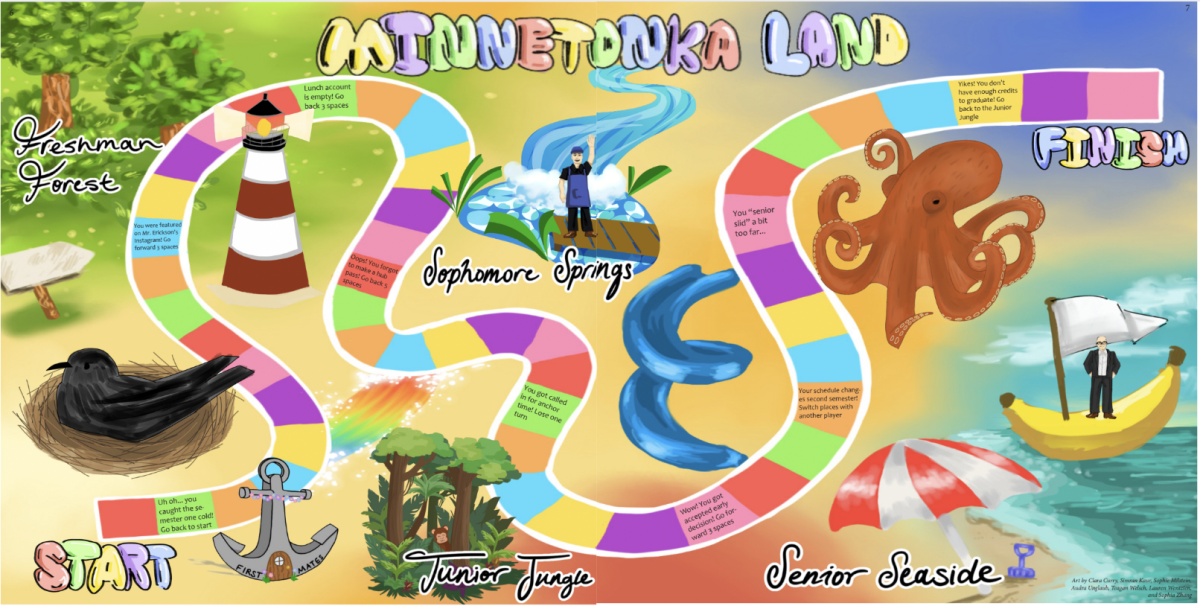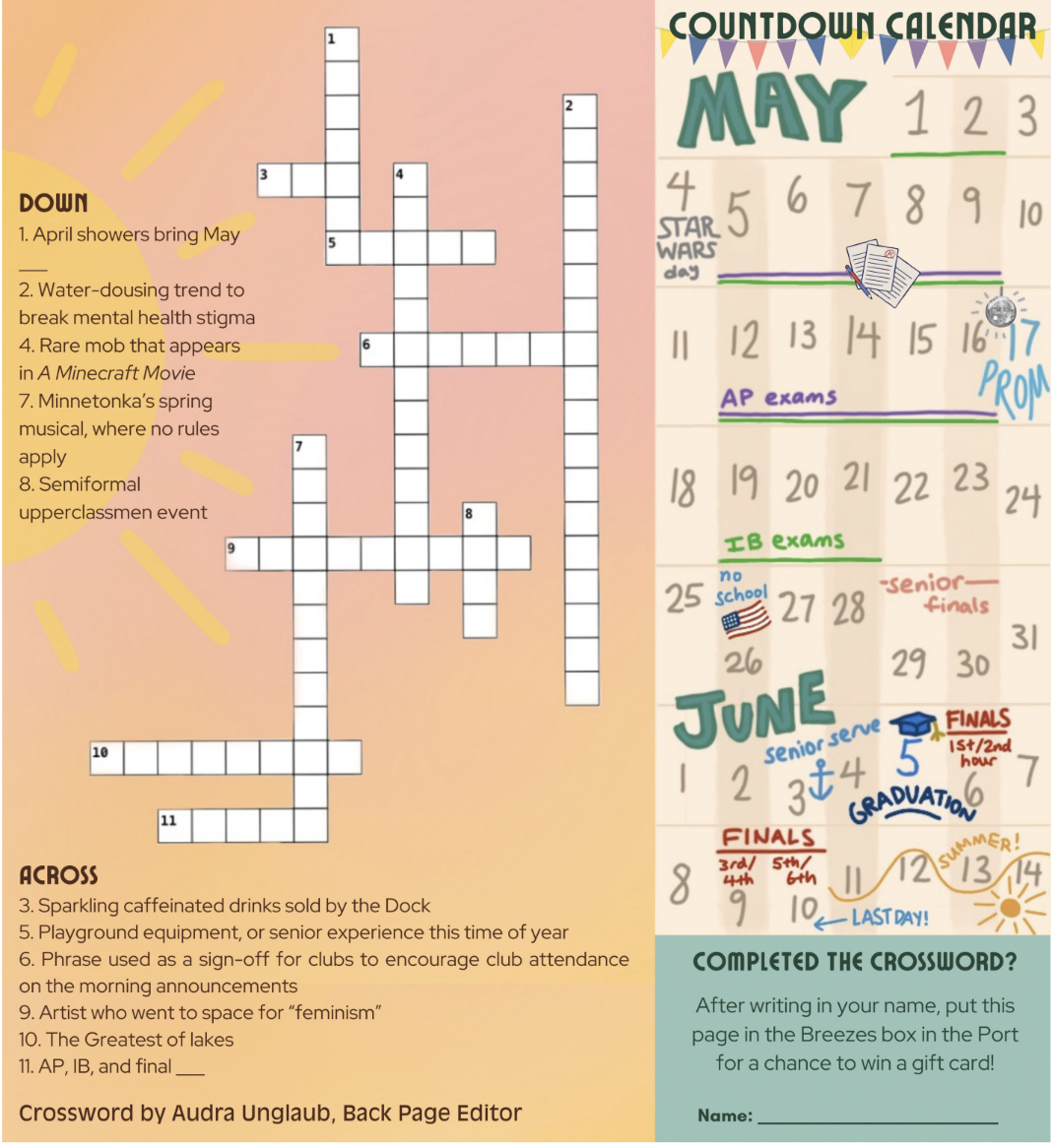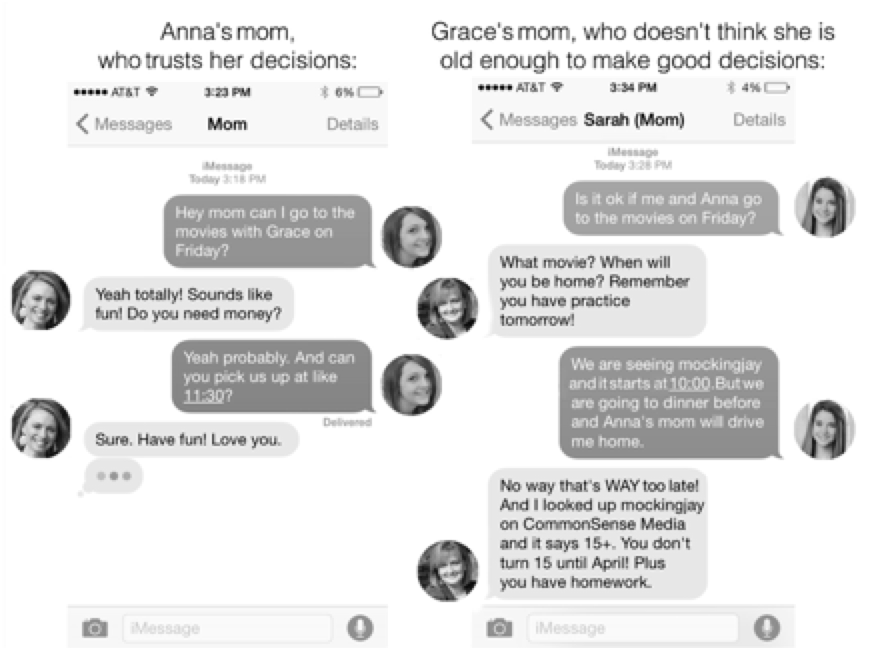Teenagers: the epidemic
March 20, 2015
In Frances E. Jensen’s new book titled, The Teenage Brain, Jensen attempts to decode the not-so-mystifying teenage psyche. Reporter Katie Forster relays some of the most engaging highlights from this book in her article for The Guardian. In Forster’s words, adolescents are scathingly characterized as “moody, lazy, selfish nightmares,” as well as “hormonal time bombs.”
The article begins with the claim that teenagers are disorganized, lazy, and unstable. A claim defended solely by the evidence that adolescents do not have a fully developed frontal lobe and thereby exhibit irrational behavior. The problem with this assessment begins in a logical place, but it also reveals a larger problem: stereotyping teenagers.
This unfounded argument begins to go awry at its origin. A study published by The Guardian itself states that 18% of the publication’s readership is between the ages of 15 and 24, making teenagers a signifcant block of its audience. What does this say about The Guardian if such impulsive and inept decision makers are choosing their newspaper? Secondly, in a study published by the US National Library of Medicine National Institutes of Health, “traditional neurobiological and cognitive explanations for adolescent behavior have failed to account for the nonlinear changes in behavior observed during adolescence.” The entire basis for Jensen’s argument, that the delayed brain development in adolescents is the cause of impulsive behavior, is thereby unfounded. A last point of dissent arises with the claim that teenagers are unable to feel empathy as thoroughly as adults. She makes the claim that “the last bits of the brain to connect are the frontal and prefrontal cortices, where insight, empathy and risk taking are controlled.” Contradictory to this claim, a study by the University of Miami’s psychology program proves that “very young children are, in fact, capable of displaying a variety of rather sophisticated empathy related behaviors.”
Teenagers are too often treated as members of a different species, or as a group that must simply be corralled through rigid structure created by adults. This leads teenagers to believe they cannot aspire to success outside of this channel developed for them. So the question arises: why are teenagers treated as something to be avoided or decoded? Despite all this generalization about the underdevelopment and incapability of teenagers, adolescents have made enormous gains towards success in the adult world. TED talks have created a new playlist called TED under 20, which celebrates the accomplishments of distinguished individuals all in their teens or younger. Malala Yousafzai became the youngest Nobel peace prizewinner at 17 years old in 2014 and gymnast Gabby Douglas, at only 19, has already won two Olympic gold medals. These are just a few of the teenagers defying these supposed norms, proving that teenagers are ready to talk if adults will put aside their preconceived notions and listen.

























